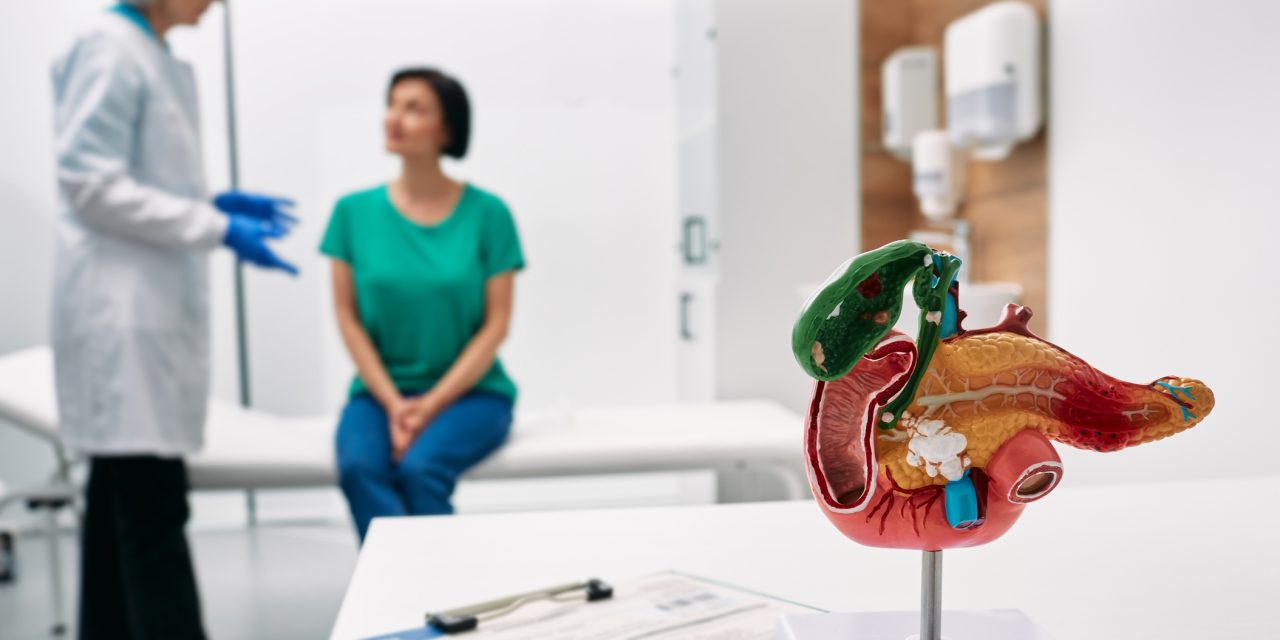We took an interdisciplinary view to examine the potential contribution of perilacunar/canalicular remodeling to declines in bone fracture resistance related to age or progression of osteoporosis.
Perilacunar remodeling is most prominent as a result of lactation; recent advances further elucidate the molecular players involved and their effect on bone material properties. Of these, vitamin D and calcitonin could be active during aging or osteoporosis. Menopause-related hormonal changes or osteoporosis therapies affect bone material properties and mechanical behavior. However, investigations of lacunar size or osteocyte TRAP activity with age or osteoporosis do not provide clear evidence for or against perilacunar remodeling. While the occurrence and potential role of perilacunar remodeling in aging and osteoporosis progression are largely under-investigated, widespread changes in bone matrix composition in OVX models and following osteoporosis therapies imply osteocytic maintenance of bone matrix. Perilacunar remodeling-induced changes in bone porosity, bone matrix composition, and bone adaptation could have significant implications for bone fracture resistance.
Potential Role of Perilacunar Remodeling in the Progression of Osteoporosis and Implications on Age-Related Decline in Fracture Resistance of Bone.


